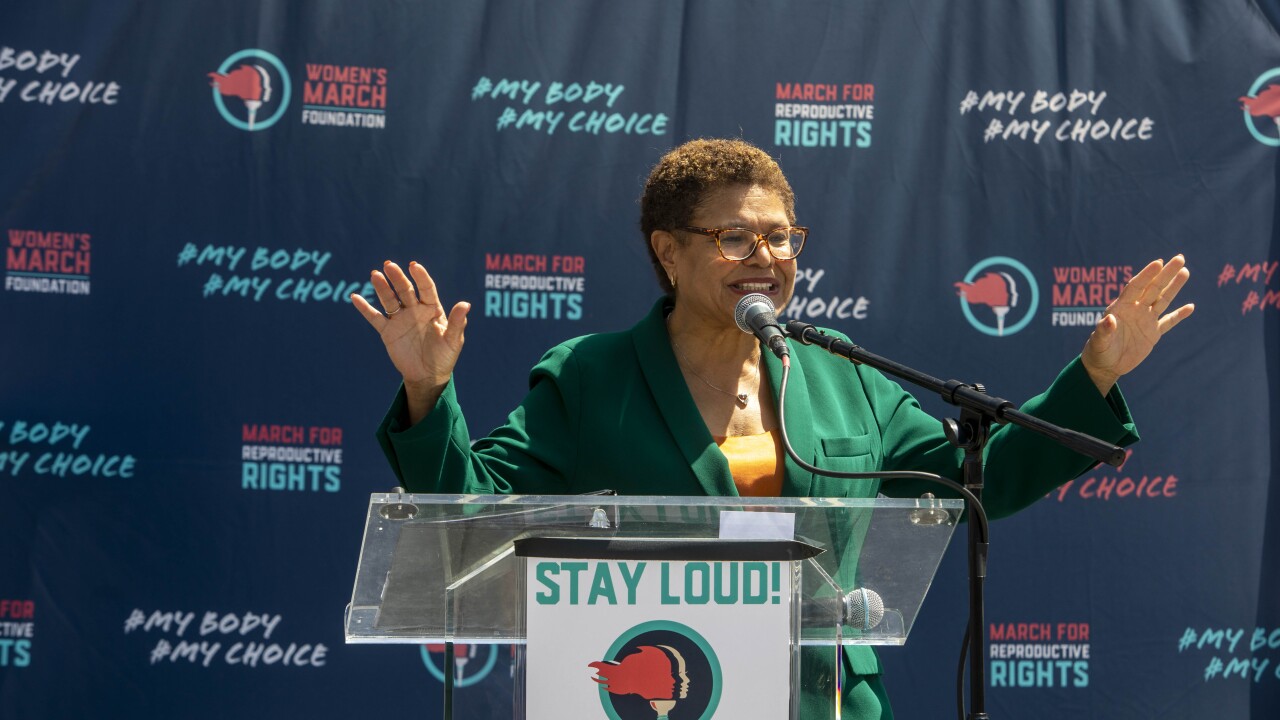
DALLAS – Virginia has received acceptable financial proposals from two teams of private investors interested in partnering with the state on its $2.1 billion proposal to build tolled express lanes on Interstate 66 outside the Capital Beltway.
Virginia Transportation Secretary Aubrey Layne told the Commonwealth Transportation Board on Tuesday that each of the financial plans would limit the state's contribution to a maximum of $600 million.
The bids will be reviewed by the Virginia Department of Transportation to see if they meet technical standards and then scored on their construction and financial aspects.
The Commonwealth Transportation Board decided in late 2015 that it was in the public interest to select a private partner to finance, build, maintain, and operate the project with oversight from the state.
The state will keep open its option to finance and build the toll lanes as a conventional public project until a concessionaire is selected. Virginia is in the process of adding toll lanes to I-66 within the beltway as a state project rather than as a public-private partnership (P3).
The private partners filed the technical portion of their bids in early September. The financial plans were due in early October, but the deadline was extended twice.
The winning team would receive a 50-year concession to finance, build, and operate the 20 miles of tolled express lanes that would stretch from the beltway around the southern edge of Washington to Gainesville, Va.
"I think the private sector really came up with some pretty cool designs and some innovative thinking, which is great," Layne said.
Work on the express lane project could get underway next year with completion in 2021 or 2022, he said.
Gov. Terry McAuliffe is expected announce the winning bid next month, Layne said.
Three teams of international financing and construction firms were put onto the project's short list in February but the state said that one of the potential investors withdrew from consideration.
All three preliminary proposals received by the state in 2015 included a pledge by the private partners of at least $350 million from toll revenues to fund improvements and upgrades within the highway corridor.
The I-66 project also includes rapid bus service along the corridor and a series of park-and-ride commuter lots with direct access to the express lanes.
Final proposals for the I-66 project were expected from Express Partners, which includes Transurban and Skanska, and I-66 Express Mobility Partners, a consortium of Cintra and Meridiam.
The state wants to replace the current lane configuration with three free lanes and two express tolled lanes in each direction. Vehicles with two passengers and equipped with a special permit could use the toll lanes at no charge.
The tolls would be levied around the clock, but the price would vary depending on traffic conditions and time of day.
Commercial trucks could use the express lanes during peak times at a fee of at least five times the toll paid by other vehicles. The truck toll during other periods would be at least three times the regular charge.
Funding for the P3 project could include up to $600 million from the state, $946 million of private activity bonds issued through the Virginia Small Business Financing Authority, and an $800 million low-interest federal loan.
The PABs, which are not subject to state allocation caps, must be issued by Oct. 1, 2017.
The state would get the express lanes back when the 50-year agreement expires in 2066. The lanes would revert back to the original high occupancy designation at that point unless the state opts to leave the toll system in place.





